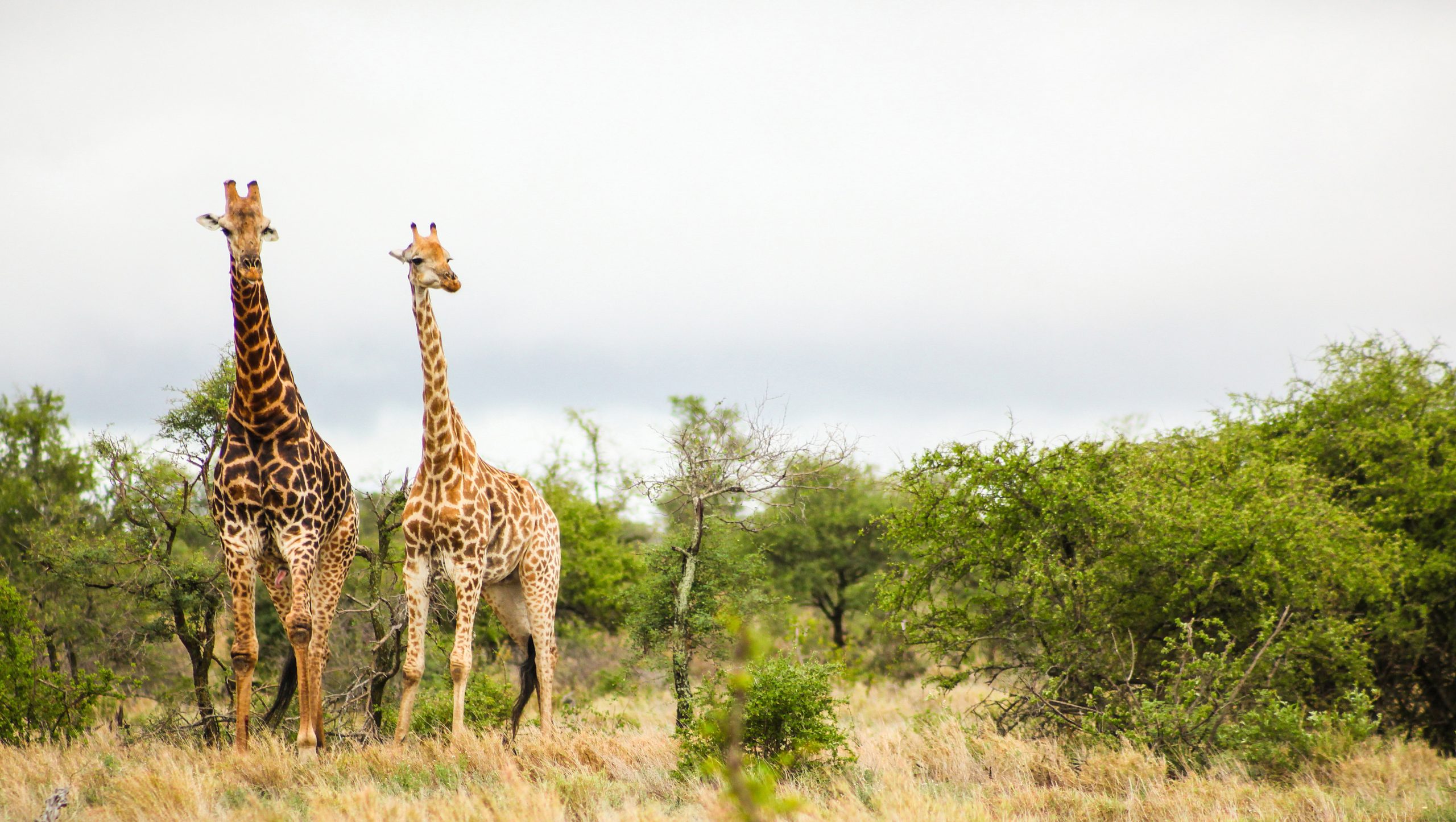Table of Contents
ToggleIntroduction
A safari is a once-in-a-lifetime experience that many people dream of, but with the growing popularity of wildlife tourism, it’s important to consider the impact that our travels can have on the environment and the animals we hope to see. Sustainable tourism is crucial to the preservation of wildlife and their habitats, and by choosing a sustainable safari, you can help ensure that future generations will be able to enjoy these amazing creatures and their homes.
What is a Sustainable Safari?
A sustainable safari is a form of wildlife tourism that minimizes its impact on the environment and promotes the welfare of local communities and wildlife. This type of tourism is built on principles of responsible and ethical travel, and seeks to balance the needs of both tourists and the local environment. A sustainable safari should support conservation efforts, respect the rights of local communities, and minimize its impact on the environment.
Benefits of a Sustainable Safari
There are many benefits to choosing a sustainable safari, including:
Supporting Conservation Efforts: By choosing a sustainable safari, you can support conservation efforts to protect wildlife and their habitats. This type of tourism helps to fund conservation projects and promote the protection of endangered species.
Respect for Local Communities: A sustainable safari should respect the rights of local communities, and help to provide them with economic benefits. By supporting local economies, you can help to promote sustainable development and improve the standard of living for local people.
Minimal Environmental Impact: Sustainable safaris aim to minimize their impact on the environment by using environmentally friendly practices, such as reducing waste and using renewable energy sources. This helps to protect the delicate balance of ecosystems and preserve wildlife habitats for future generations.
Increased Awareness: By choosing a sustainable safari, you can help raise awareness about the importance of conservation and the need for responsible tourism. Your actions can inspire others to make similar choices and contribute to a more sustainable future for wildlife and the planet.
Tips for Choosing a Sustainable Safari
Research the Tour Operator: Before booking a safari, research the tour operator to ensure that they have a commitment to sustainable tourism. Look for tour operators that are members of sustainable tourism organizations, such as the International Ecotourism Society (TIES) or the Responsible Tourism Partnership (RTP).
Consider the Destination: Choose a destination that has a strong commitment to conservation and the protection of wildlife. Look for destinations that have established wildlife reserves, national parks, and conservation areas.
Ask About the Tour’s Environmental and Social Impact: When booking a safari, ask the tour operator about the environmental and social impact of the tour. This will help you to determine if the tour is sustainable and if it aligns with your values.
Choose Accommodations Carefully: Look for accommodations that have a commitment to sustainability, such as eco-lodges or camps that use renewable energy sources and implement waste reduction programs.
The Importance of Sustainable Tourism in Protecting Wildlife
Wildlife tourism, including safaris, is a growing industry that can have both positive and negative impacts on wildlife and their habitats. On one hand, wildlife tourism can generate revenue for conservation efforts and raise awareness about the importance of preserving these species. On the other hand, poorly managed wildlife tourism can have negative impacts on wildlife, their habitats, and local communities.
This is why sustainable tourism is crucial for the preservation of wildlife and their habitats. A sustainable safari should support conservation efforts, respect the rights of local communities, and minimize its impact on the environment.
Sustainable tourism also helps to ensure that future generations will be able to experience these amazing creatures and their habitats. By taking a responsible approach to wildlife tourism, we can help to protect these species and their homes for years to come.
How to Have a Responsible Wildlife Encounter
If you’re planning a safari, it’s important to take a responsible approach to your wildlife encounters. Here are a few tips to help you have a responsible and sustainable wildlife encounter:
Follow Park Regulations: When visiting wildlife reserves and national parks, it’s important to follow park regulations and guidelines. These regulations are in place to protect both the wildlife and the visitors.
Respect Wildlife: Respect the wildlife you encounter by keeping a safe distance and not disturbing them. Avoid activities that may harm wildlife, such as feeding them or approaching them too closely.
Choose a Responsible Tour Operator: Choose a tour operator that has a commitment to sustainable tourism and responsible wildlife encounters. Look for tour operators that are members of sustainable tourism organizations, such as TIES or RTP.
Support Conservation Efforts: Support conservation efforts by choosing a safari that funds conservation projects and promotes the protection of endangered species.
Respect Local Communities: Respect the rights of local communities by choosing a safari that provides economic benefits to local people and supports local development.
Conclusion
A sustainable safari is an opportunity to experience wildlife and their habitats while also supporting conservation efforts and respecting local communities. By choosing a sustainable safari, you can help ensure that future generations will be able to enjoy the amazing creatures and their homes. Remember to research the tour operator, consider the destination, ask about the tour’s environmental and social impact, choose accommodations carefully, and support local communities.








1 thought on “Sustainable Safari: A Guide to Ethical Wildlife Tourism”
Pingback: The Cruel and Unethical Practice of Trophy Hunting